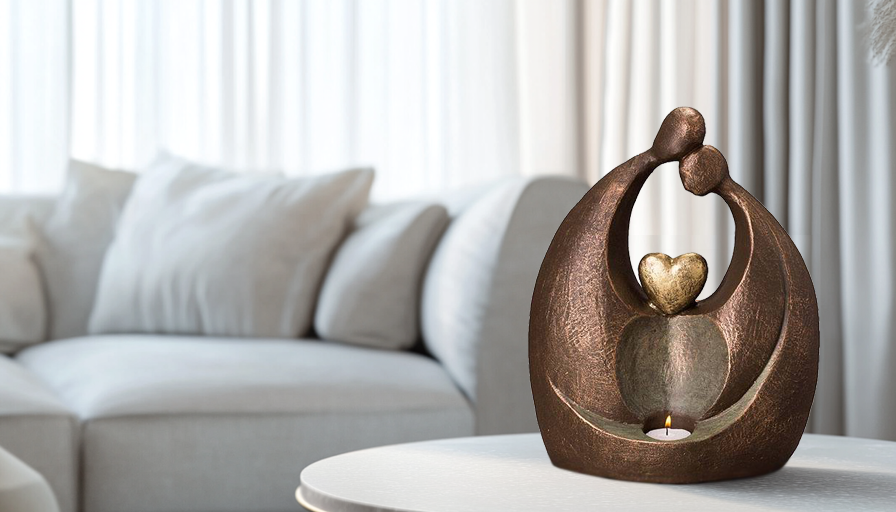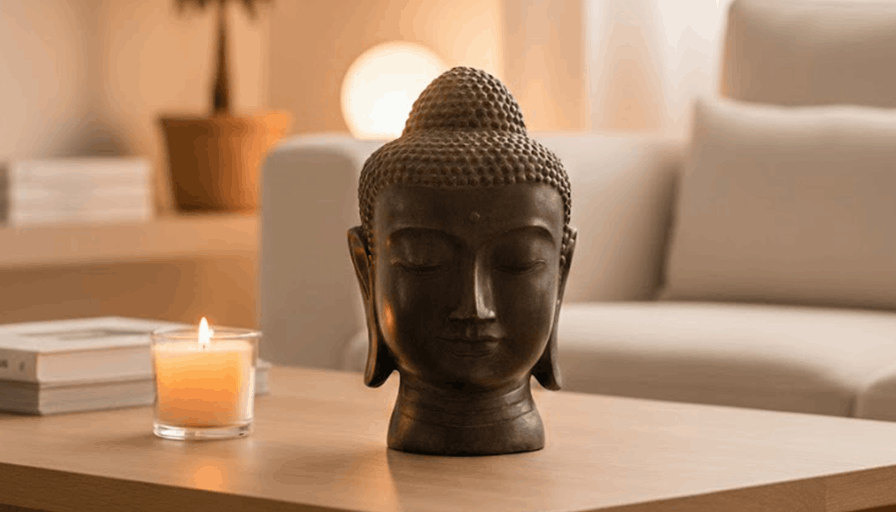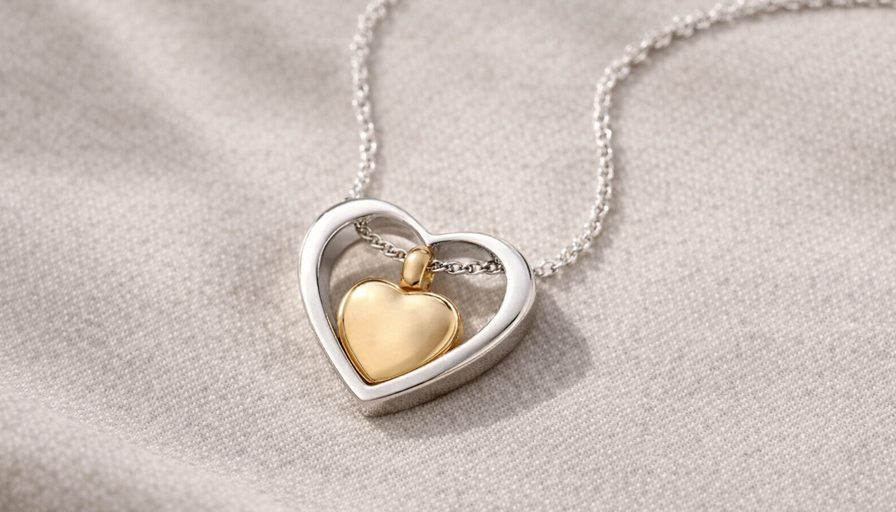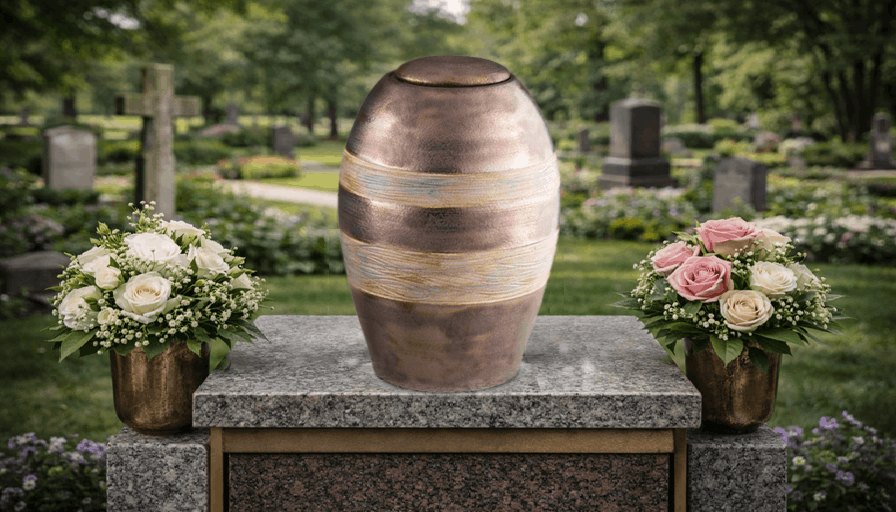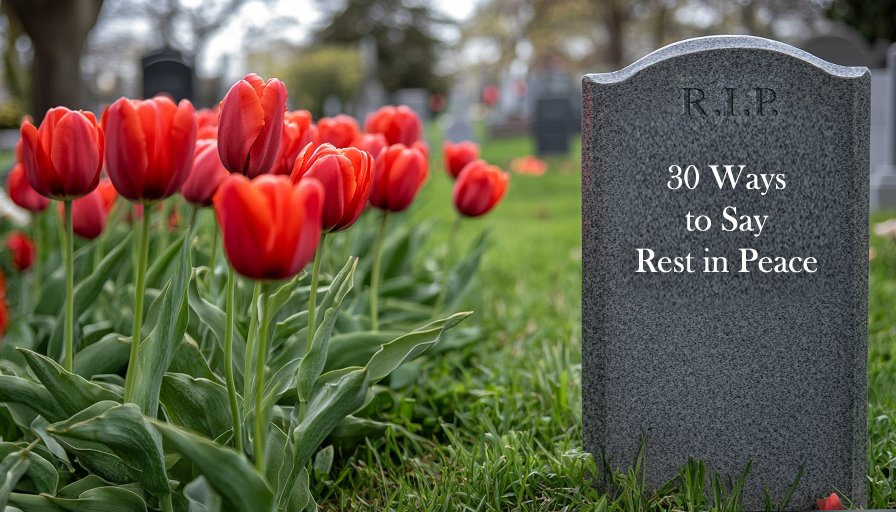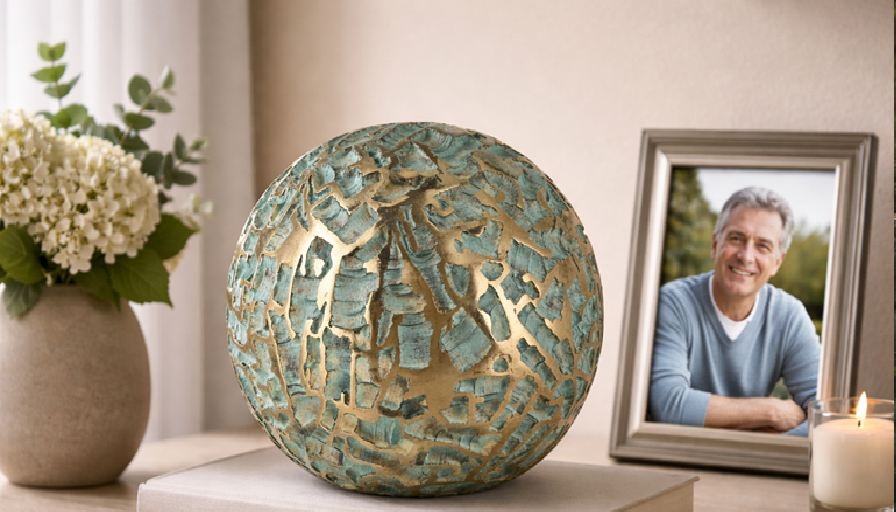Is it Okay to Keep Cremation Ashes at Home? A Comprehensive Guide for the UK
The death of a loved one is a deeply emotional experience, and in its aftermath, many families are faced with practical decisions about how to honour their memory. One such decision is what to do with their cremated remains. While scattering ashes in a meaningful location or placing them in a cemetery niche is common, a growing number of people in the UK choose to keep cremation ashes at home. But is this legally and emotionally appropriate? This guide explores the legal, cultural, emotional, and practical aspects of keeping ashes at home in Britain.
What Does the Law Say in the UK?
In the United Kingdom, there is no specific law that prohibits individuals from keeping cremated ashes at home. Once cremation has taken place, the ashes become the legal property of the person who organised the cremation (usually the next of kin or executor of the will). That individual is free to choose what happens to the remains.
Under UK law:
- Ashes are not considered hazardous or classified as human remains in a way that would restrict storage in a private residence.
- There is no need for a license, registration, or government permission to keep ashes at home.
- You are also free to divide the ashes among family members or transfer them into different containers, such as cremation urns or ashes jewellery.
However, if ashes are to be buried in a private garden or on land not owned by the family, permission from the landowner is legally required.
Emotional Considerations: Why Do People Keep Ashes at Home?
For many people, keeping a loved one’s ashes at home offers comfort and a continued sense of presence. Unlike a burial plot or public memorial, an urn at home is a private, personal way to remember someone. Some of the most common reasons include:
- Connection: Having the ashes nearby can create a feeling of closeness and continuity.
- Flexibility: Keeping ashes at home allows families to delay decisions about final placement until they are emotionally ready.
- Mobility: If someone moves house frequently, taking the ashes with them can be more comforting than leaving a grave behind.
- Cultural or spiritual beliefs: Certain cultures and faiths support the idea of keeping ashes within the home environment.
That said, some individuals may find it emotionally overwhelming or uncomfortable to have ashes in the house. It’s important to acknowledge that there is no right or wrong answer—only what feels appropriate for you and your family.
Cultural Norms and Modern Shifts
Traditionally, British culture leaned towards burial or placement in a columbarium, but societal views on memorialisation have become more diverse in recent decades. The increasing popularity of cremation (now accounting for over 75% of funerals in the UK) has led to more personalised ways of dealing with ashes, including:
- Home displays
- Garden memorials
- Scattering ceremonies
- Ashes incorporated into art, jewellery, or even vinyl records
The modern approach emphasises individuality and emotional resonance over formal tradition. As a result, keeping ashes at home is becoming less of a taboo and more of an accepted, personal choice.
Choosing the Right Urn for Home Display
If you choose to keep ashes at home, selecting the right urn is an important decision. It should reflect both the personality of the deceased and the aesthetic of your home. Urns range in style from traditional ceramic or wooden vessels to sleek, modern designs made from metal, glass, or biodegradable materials.
You might consider:
- A decorative urn as a statement piece on a mantel or shelf
- A discreet urn that blends in with other home décor
- A keepsake urn that holds a small portion of ashes, ideal for sharing among family members
- A cremation jewellery item such as a pendant or bracelet containing a symbolic amount of ashes
You can explore a wide range of high-quality options at LegendURN, a trusted source for cremation urns and memorial products in the UK. For more inspiration on how to display urns at home, read our blog: How to Display Urns at Home.
Where Should You Place an Urn at Home?
The placement of an urn in your home is a personal choice, but here are a few things to consider:
- Privacy: Choose a spot that feels respectful and secure.
- Temperature and light exposure: Keep the urn away from direct sunlight and moisture to preserve its condition.
- Emotional impact: Select a location that brings you comfort without being emotionally overwhelming.
- Symbolism: Some people place urns near family photos, candles, or meaningful objects to create a home memorial space.
Popular areas include living rooms, bedrooms, or dedicated remembrance corners. For those who prefer more discretion, urns can also be kept in a cupboard or private study.
Talking About It With Others
Not everyone will understand or agree with the idea of keeping ashes at home. Some visitors may feel uncomfortable, while others may be deeply moved by the gesture. It's helpful to be prepared for questions and to speak openly about your reasons.
You might say:
"Having them here helps me feel close and comforted. It’s my way of honouring their memory in a personal space."
Respectful communication can help others appreciate your decision, even if they wouldn't make the same choice themselves.
Long-Term Considerations
While keeping ashes at home can be healing in the short term, it’s wise to think ahead:
- Future moves: Consider how you will transport the ashes if you move house.
- Inheritance: Make plans for what should happen to the ashes when you're no longer around. This can be included in your will.
- Changing preferences: Over time, you may decide to scatter or bury the ashes in a meaningful location. That’s okay. You can take as long as you need.
What If You Change Your Mind?
One of the advantages of keeping ashes at home is the flexibility it offers. If you eventually decide that you’d prefer a different form of memorial, there are many options available:
- Scattering in nature (in line with local regulations)
- Interment in a cemetery or crematorium garden
- Placement in a memorial wall or vault
- Incorporation into a tree urn, diamond, or piece of art
You can find inspiration in this article on what to do with your loved one’s ashes.
Finally: A Personal Choice, Guided by Love
Keeping cremation ashes at home is entirely legal and increasingly common in the UK. It’s a deeply personal decision that depends on your emotional needs, cultural beliefs, and family preferences. For some, it brings healing, peace, and connection. For others, a more distant or symbolic form of memorialisation may be preferable.
Whatever you choose, let it be something that feels right for you and honours your loved one with the respect and meaning they deserve.
If you’re considering keeping ashes at home and are unsure where to begin, LegendURN offers a curated selection of urns and expert advice to help you create a memorial that fits your story.

